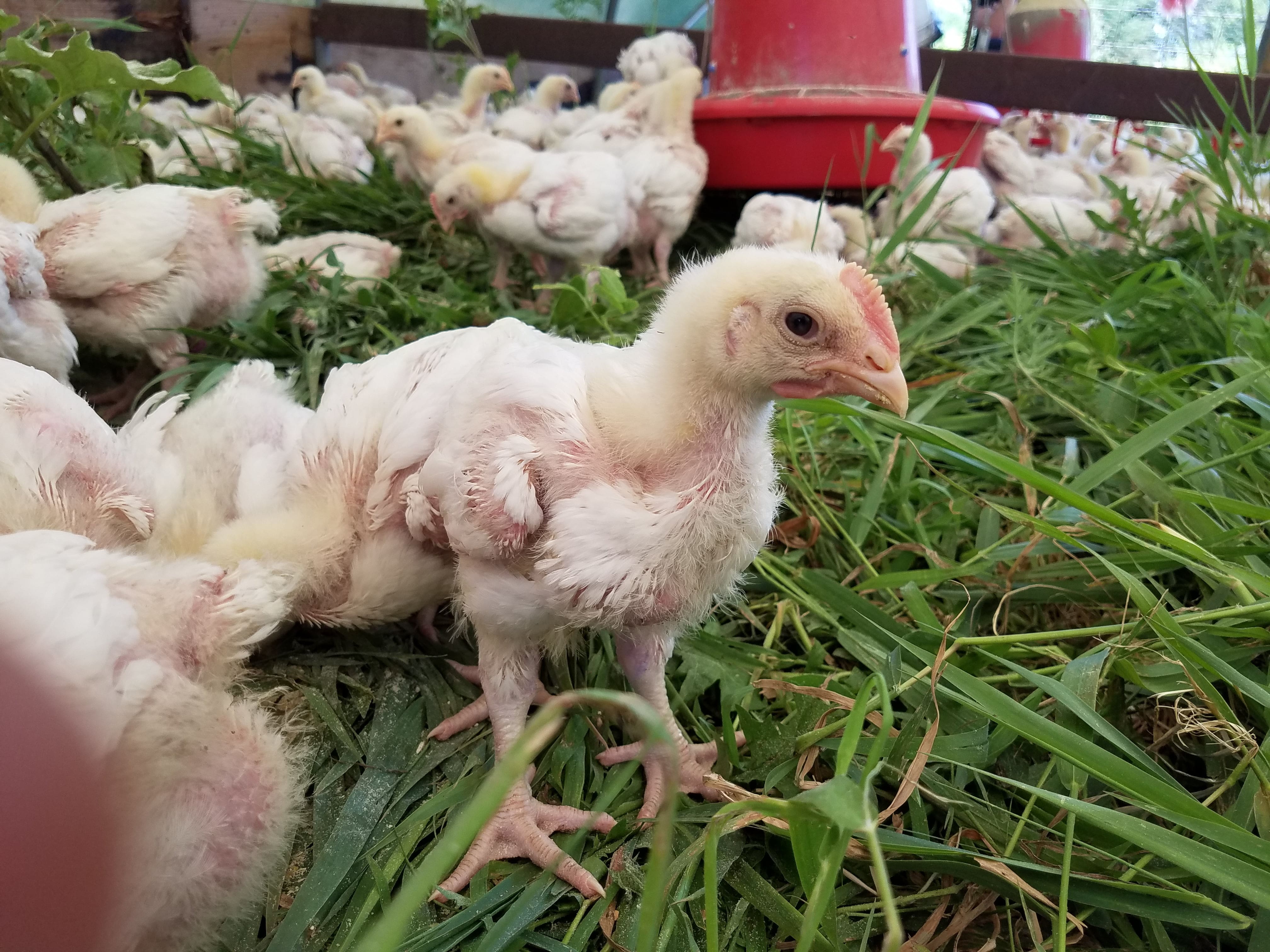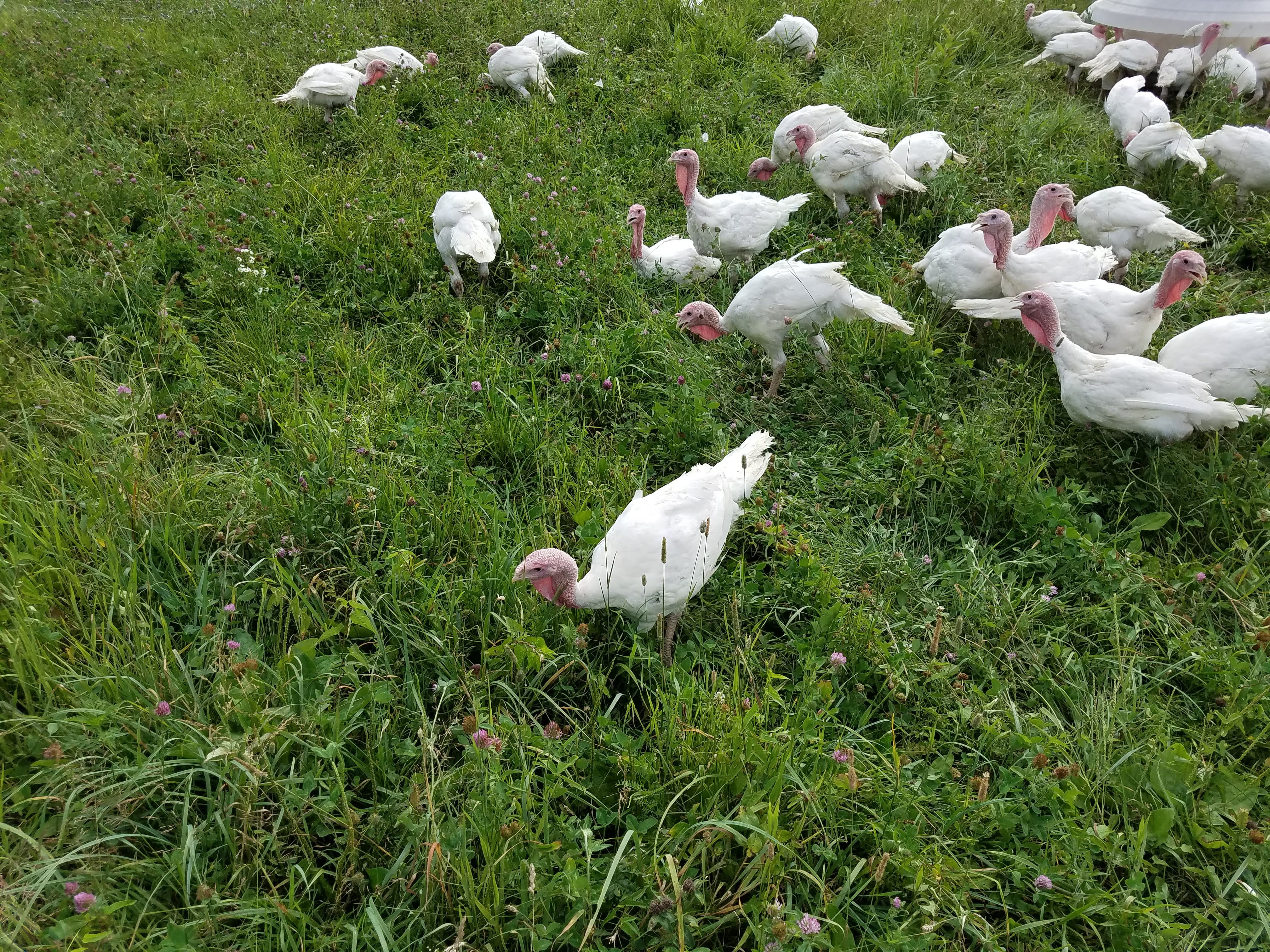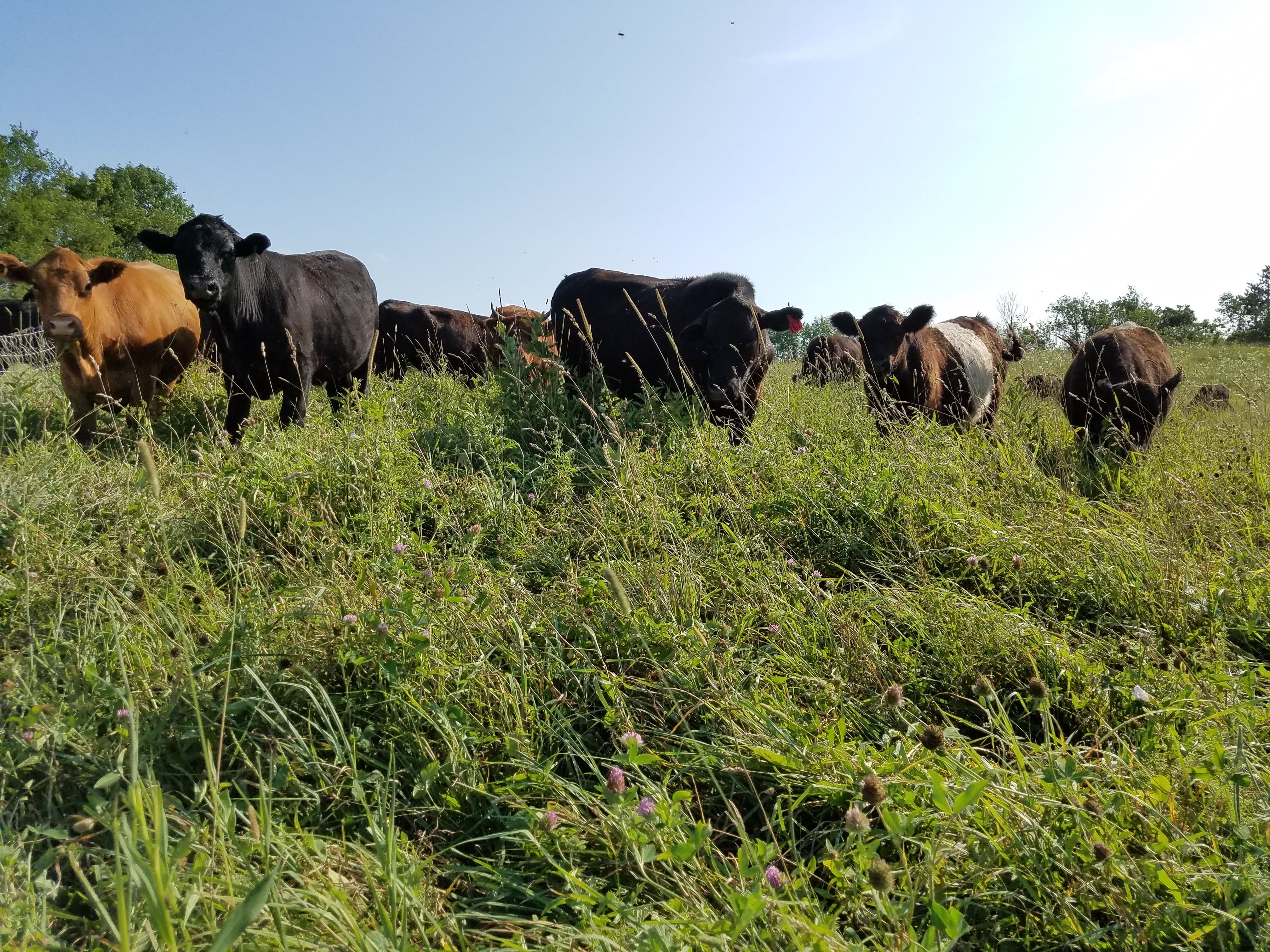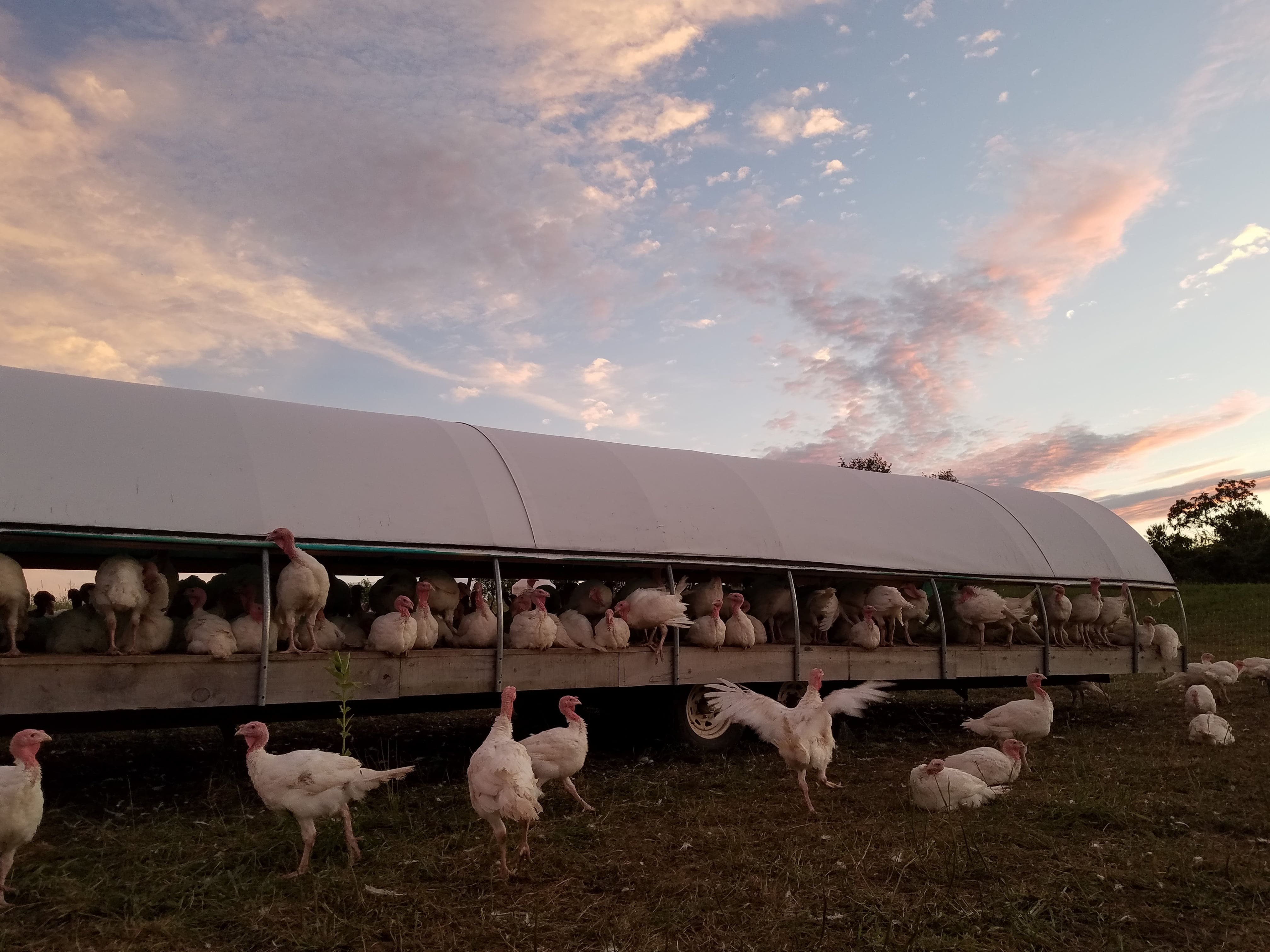
As a livestock farmer, it has been interesting (and of course disappointing) to hear the disingenuous environmental arguments against meat that have been increasingly promulgated during the past year. These arguments cherry pick the worst situations in conventional livestock farming and then project them generously to include the whole world’s agricultural output. Of course the people behind these campaigns stand to gain tremendously, as their “solutions” of lab grown meat or synthetically manipulated protein pucks present opportunities for consolidation and control of the entire food supply to extents never before conceivable. This isn’t about the environment, it’s about global capital seeing a chance to concentrate itself.
People’s general angst about the environmental issues of the day creates a market opportunity to be filled with a new product, one that makes us feel better about ourselves while not requiring anyone to make structural changes in their daily lifestyle. This is just the logic of Nutrasweet marketing: we’ve made a perfectly safe product you can enjoy, without giving up any of the foods you like, and you’ll become skinny and healthy, and you won’t feel any more of those nagging bad feelings about yourself.

It is telling that those who present themselves as the world’s saviors trust so little in the natural systems that have sustained the world. All the synthetic meat substitutes rely on genetically modified bacteria to create the amino acids and vitamins that can only be found in meat. They create their ideal foods based on “expert” understanding of nutrition, the same hubris that led experts in our lifetime to proclaim that fat is bad, that sugar belongs in a food pyramid, that margarine is healthier than butter, that breakfast cereals are a great way to start your day. There is no respect for food production systems that allow plants and animals to work together to create an environment that nourishes itself.
The prefab food business is all built upon monoculture feedstock inputs, trade secret production methods, gleaming stainless steel sterility, and fully automated production lines. Less nature, more precise control, zero margin for error. Everyone from Moses to Philip K Dick has been warning us about this kind of arrogance, but we seem destined to continue making the same mistakes about our competence to outsmart natural systems using top-down planning and control.

At Wrong Direction Farm, we’re all about a more fulsome approach to food. We believe that everyone is free to choose what plant or animal products they eat, and in which proportion they balance between the two. We believe that the natural systems that have shaped our landscape continue to represent the best hope for the world’s ecosystems. We want farms that have forests and grasslands. We want more farms with more people involved at every step. We want a balanced system with large ruminants, birds, and plenty of room for wildlife. We believe that great food only comes from great places where August days feature green grass growing under foot, cicadas buzzing in the trees, chickens chasing grasshoppers, kids drawing pictures on the porch, and cats sleeping in the shade.


3 thoughts on “We’re From the Manipulated Food Industry, and We’re Here to Save the World”
Beautiful photos and write! A great description of the great consumer sleight of hand: “one that makes us feel better about ourselves while not requiring anyone to make structural changes in their daily lifestyle.” But I also think that everyday we need to make clear what those structural changes are and must be, because I am sure a lot of people already feel that they are making big impactful changes, such as reducing or giving up the taste for real meat and buying expensive vegan/organic-label products.
Good point. Making the changes with impact requires something more than choosing between competing mass produced commodities, choosing the organic ketchup instead of the same manufacturer’s conventional ketchup. All the world’s religions and philosophies have grappled with the problem that people always think that there’s a way to purchase external solutions instead of looking inward at the changes needed within ourselves, so I don’t pretend to have any new insights that aren’t already better articulated elsewhere. But somehow at a broader cultural level we need to recognize that being different is more important than buying different(ly).
I’ll say Amen and you can multiply it however many times you want and it won’t be too much.